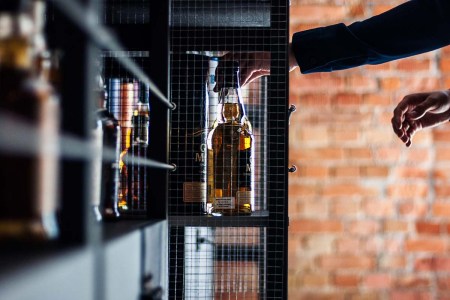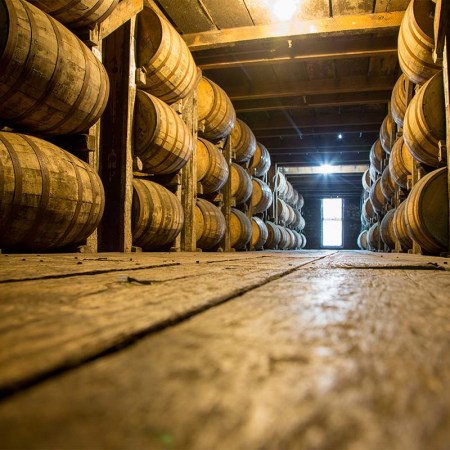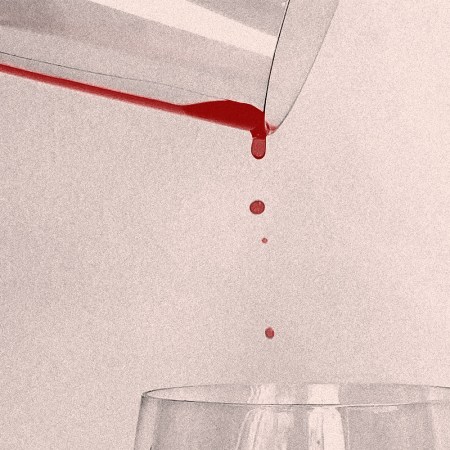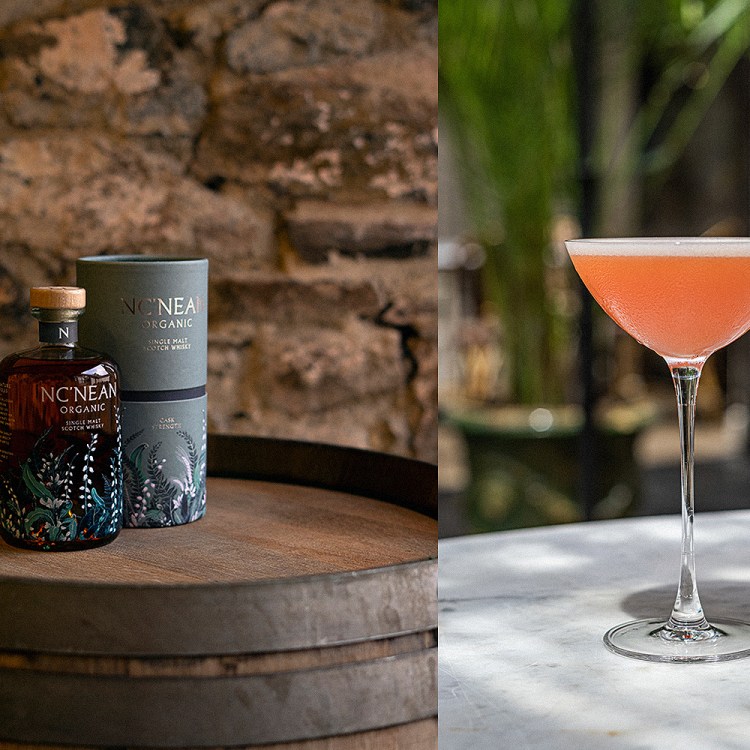(Updated 3/5 to note the tariffs are now in effect and some additional feedback from the drinks industry. And now updated 3/6 to note that some tariffs on Canada and Mexico have been delayed.)
President Donald Trump’s promised tariffs on imports from Canada, Mexico and China were enacted this week and the fallout could be worth billions. And not in a good way, according to a recent study.
In a December webinar, the Wine & Spirits Wholesalers Association (WSWA) cited an economic study by John Dunham and Associates regarding blanket tariffs ranging from 10% to 30% on all imported wine and spirits (as originally reported by the trade publication Beverage Industry). The numbers they presented were grim. At 10%, the economic output loss was estimated at $1.9 billion. At 30%, it was a whopping $14.9 billion.
Given that the countries in question offer some very specific and popular drinks — primarily tequila from Mexico, where we imported $4.55 billion worth of the agave spirit in 2023 — you can expect those origin-designated goods to feel the greatest impact.
Experts at the webinar suggested companies conduct a “diversification of portfolios” and emphasize low- and no-alcohol products, a growing but admittedly still small market. But there aren’t any great solutions. “Experts noted in the webinar that the industry has navigated through tariffs in the past, but because the economic landscape is different, the playbook will not have an identical outcome,” says Jessica Jacobsen of Beverage Industry.
Tariffs on Booze Aren't Going Away. Here's What That Means for You.
Expect higher wine and whisky prices, more closed restaurants and significant job lossesMeanwhile, Canada, Mexico and China have already announced retaliatory tariffs. And the EU is bracing for tariffs as well, with the Italian-based spirits giant Campari Group (Aperol, Espolon, Wild Turkey) suggesting that they’ll take upwards of a $107 million hit from the 25% tariffs on Canadian, Mexican and (potentially) EU imports for this calendar year.
The Distilled Spirits Council of the United States (DISCUS), which has been largely nonpartisan toward the current administration, issued a negative assessment of the new tariffs. “Tariffs on spirits products from Canada and Mexico will jeopardize the industry’s contribution to the U.S. economy,” they wrote in a statement. “The North American spirits sector is highly interconnected and, as a result, tariffs on Tequila and Canadian whiskey will harm U.S. spirits companies that have these products in their brand portfolios. American spirits consumers as well as restaurants and bars across our country that are still struggling following the pandemic closures will shoulder the burden of these tariffs. Tequilas, Mezcals and Canadian Whiskeys are rooted in geographical traditions and local craftsmanship that complement, rather than compete with, U.S. distilled spirits brands.”
The organization also voiced concern that Canadian stores may take U.S. alcoholic drinks off the shelves again, which Ontario Premier Doug Ford threatened last month.
We should note that tariffs are more complex than they first appear. It’s not like $1 raised here or in another country equals a dollar gained or lost. Per a tariffs explainer at Bon Appétit, the US Wine Trade Alliance (USWTA) estimates that for every dollar that’s spent in Europe on wine, $4.52 is generated here for American businesses. In the U.S., imported wine/spirits have to go through a three-tier system; the beverages are sold to an American importer, then sold to a distributor and finally to retailers and restaurants. So the majority of revenue generated from imported alcoholic beverages actually stays here with American businesses.
The real kicker? As Bon Appétit writer Anna Lee C. Iijima notes, domestic producers of alcoholic beverages rely heavily on imported goods to make their products (wood, stills, etc.), which means universal tariffs will most likely increase production costs for domestic wineries and distilleries.
We’ve gone down this road before, and the numbers were equally grim. Knowing how this administration works, we can expect some short-term pain and then a “solution” that probably brings the industry back to its current status quo.
Every Thursday, our resident experts see to it that you’re up to date on the latest from the world of drinks. Trend reports, bottle reviews, cocktail recipes and more. Sign up for THE SPILL now.




















